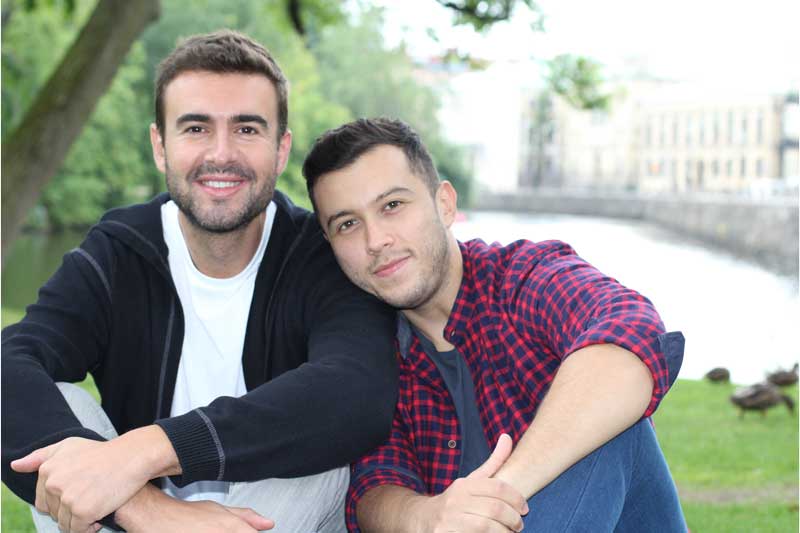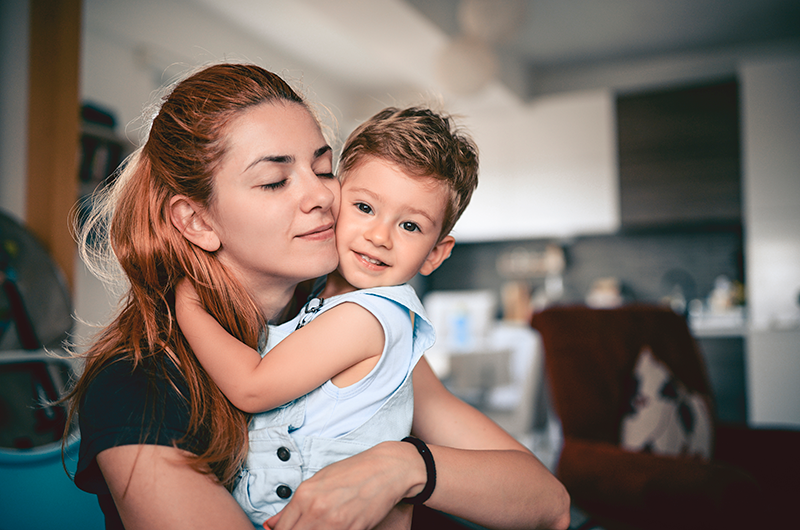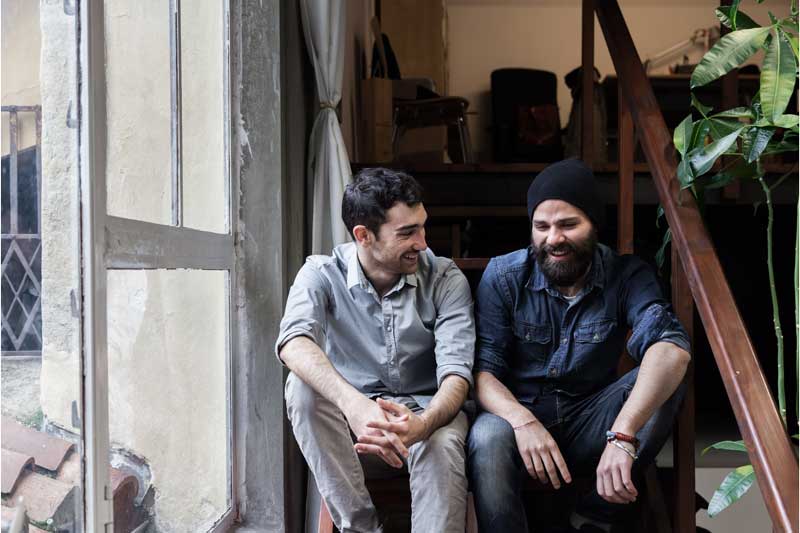
Family violence
Our family violence programs provide advocacy and support to victim survivors escaping family violence to support them to live safely and independently in the community.

We provide Specialist Family Violence Services, including refuge and crisis accommodation, information on future housing options, as well as referrals to specialised counselling, court support, and material and financial assistance.
What is family and domestic violence?
Family violence occurs when there is a power imbalance within a relationship, whether intimate partner or family member. It is characterised by secrecy, shame and a dwindling sense of self-worth on the part of the victim and deliberate control by the person using violence.
This abuse reaches beyond violence and physical injuries and includes:
- Psychological and emotional abuse
- Coercive control and manipulation
- Force and intimidation
- Isolation
- Threats
- Sexual violence
- Financial abuse
- Spiritual and cultural abuse
Family violence is experienced by victim survivors from all social, economic, religious and cultural backgrounds around the world. It has been reported that more than a third of women over the age of 15 have experienced physical, psychological and/or sexual violence at the hands of a current or former partner. On average, one woman a week is murdered by a current or former partner in Australia.
Indigenous women are 45 times more likely to experience family and domestic violence compared to non-Indigenous women and make up 50% of Australia’s domestic and family violence victims. Women with disabilities are assaulted, raped and abused at a rate of at least two times greater than non-disabled women.
Women in lesbian and queer relationships experience the same rates of intimate partner violence as cisgender women in heterosexual relationships.
Family violence has detrimental physical, psychological and financial consequences for both individuals and the wider community.


